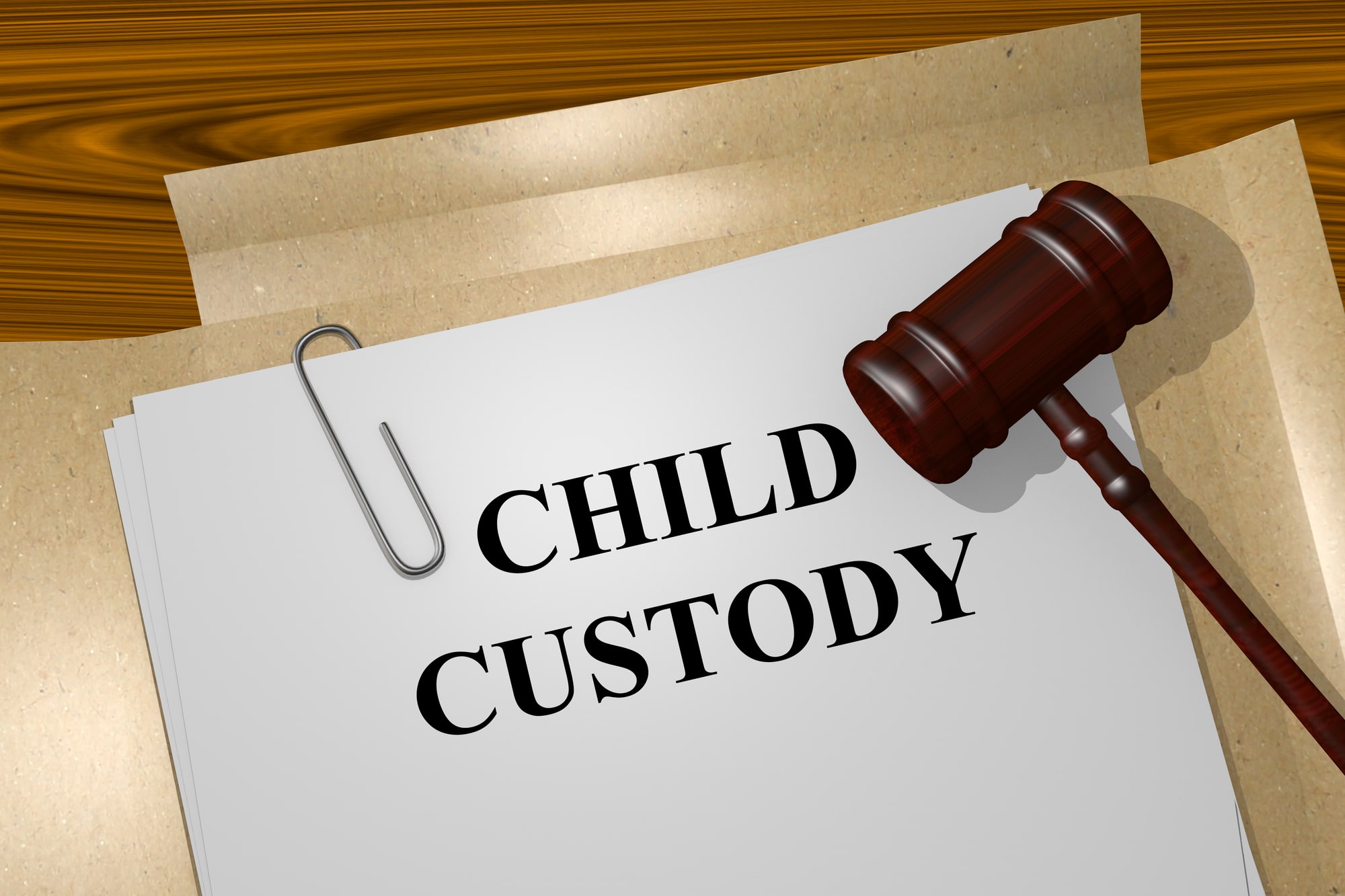Posted in Firm News

Child custody disputes can become particularly challenging when parental alienation is involved. Parental alienation occurs when one parent attempts to undermine or interfere with the relationship between the child and the other parent. This behavior can range from subtle manipulation to outright alienating the child from the targeted parent, and it often plays a significant role in custody cases. In situations like this, a child custody lawyer can provide crucial support to protect both the child’s welfare and the rights of the parents involved.
Our friends at Skarin Law Group can attest that parental alienation is a serious issue in family law. When one parent seeks to turn the child against the other parent, it not only harms the family dynamic but also complicates custody decisions.
The Impact Of Parental Alienation On Children
Children who are subjected to parental alienation can experience significant emotional harm. They may begin to feel confused, guilty, or torn between their parents, which can lead to long-term psychological issues. In extreme cases, a child may develop an unwarranted dislike or even fear of one parent, often without understanding the reasons for their feelings. This can affect the child’s ability to form healthy relationships in the future and may also impact their self-esteem and overall development.
In custody cases where parental alienation is suspected, it’s important for the court to consider the child’s emotional and mental health. A lawyer will advocate for the best interests of the child, helping to gather evidence of alienation and ensuring that the child’s needs are met in a fair and impartial manner. Courts may rely on expert testimony, psychological evaluations, and other relevant evidence to assess the impact of parental alienation and determine the most suitable custody arrangement.
Identifying Signs Of Parental Alienation
Recognizing the signs of parental alienation early on is essential in protecting the child’s well-being. Some common signs that may indicate alienation include:
- The child expressing strong negative feelings toward one parent without a clear or logical reason.
- The child refusing to spend time with the targeted parent despite having a positive relationship with them in the past.
- The child repeating negative statements or accusations that reflect the alienating parent’s views or sentiments.
- The alienating parent making disparaging remarks about the other parent in front of the child, attempting to damage the child’s perception of them.
While these behaviors may not always be the result of intentional alienation, they are important red flags that should be addressed in a custody dispute. A lawyer can assist in identifying these behaviors and working with other professionals to help resolve the issue.
The Legal Response To Parental Alienation
When parental alienation becomes a factor in a custody case, the legal response will depend on the specific circumstances and the severity of the alienation. In some cases, the court may order therapy or counseling for the child or both parents. This intervention is meant to help address the child’s feelings and repair the relationship between the child and the alienated parent.
If the alienation is particularly severe, the court may adjust the custody arrangement. This could include modifying the visitation schedule or, in extreme cases, altering custody to favor the parent who has been the target of alienation. A lawyer will work to present evidence of the alienation, ensuring that the court fully understands the situation before making decisions that impact the child’s future.
Preventing Parental Alienation In The Future
The staff at Fait & DiLima know that the long-term goal in any custody case is to preserve and promote a healthy relationship between both parents and the child. Even when parental alienation has been identified, it’s crucial to address it in a way that minimizes further harm. Parents who engage in alienating behavior may be ordered to undergo counseling, and they may be monitored by the court to prevent further interference with the child’s relationship with the other parent.
It is important for both parents to recognize the potential harm that alienation can cause, not only to the child but to their own relationship with the child. Encouraging a positive co-parenting relationship and avoiding speaking negatively about the other parent is essential in fostering a healthy environment for the child’s growth.
In the end, resolving custody disputes involving parental alienation requires a careful, well-informed approach. With the support of a skilled lawyer, parents can work to protect their relationship with their child and prioritize the child’s physical, psychological, and emotional needs.

